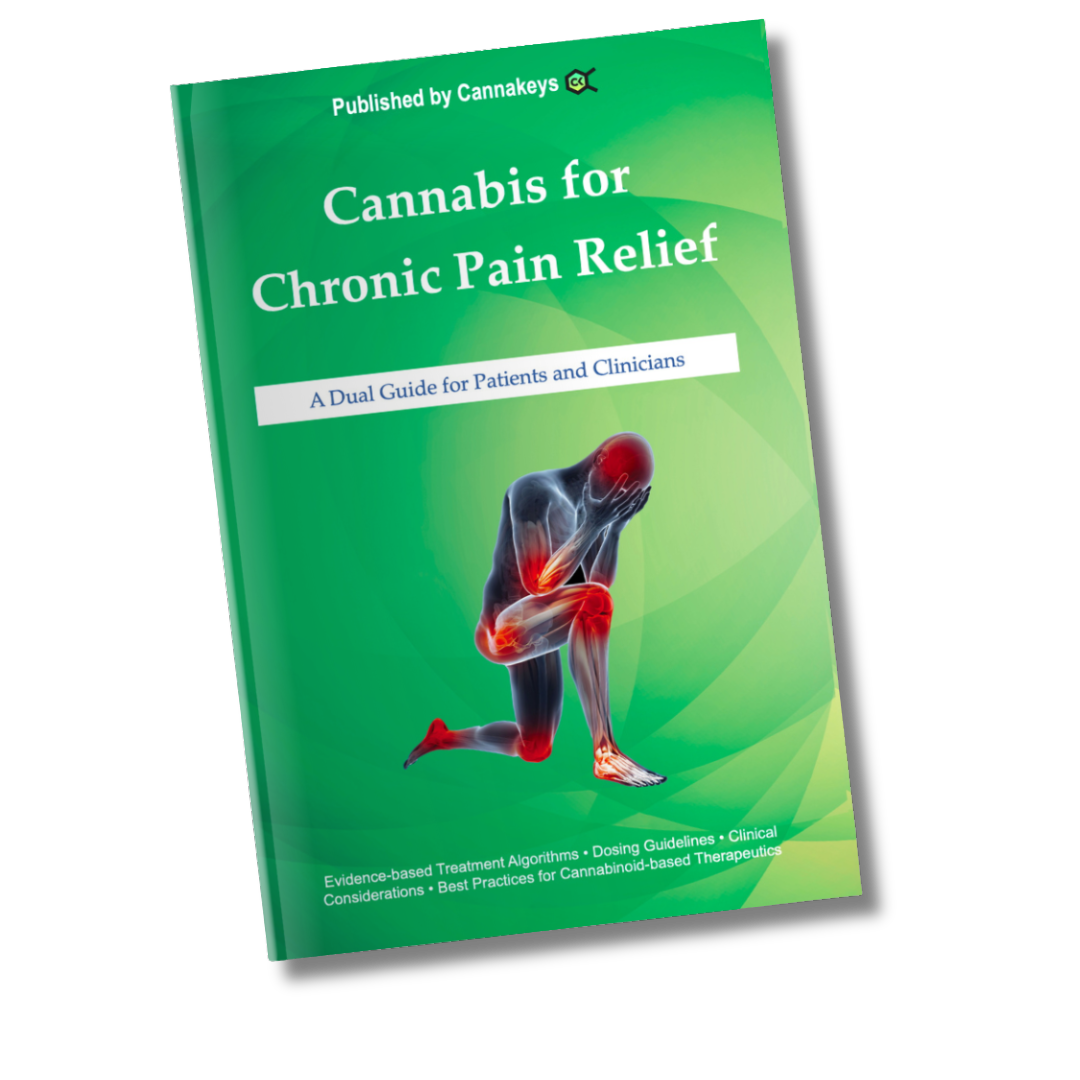Monoacylglycerol Lipase (MAGL) Research Dashboard
What am I missing as a non-subscriber?
To see a full dashboard with study details and filtering, go to our DEMO page.
As a subscriber, you will be able to access dashboard insights including chemotype overviews and dosing summaries for medical conditions and organ system and receptor breakdowns for cannabinoid and terpene searches. Study lists present important guidance including dosing and chemotype information with the ability to drill down to the published material. And all outputs are fully filterable, to help find just the information you need. Stay up-to-date with the science of cannabis and the endocannabinoid system with CannaKeys.
CannaKeys has 255 studies associated with Monoacylglycerol Lipase (MAGL).
Here is a small sampling of Monoacylglycerol Lipase (MAGL) studies by title:
- Metabolic dysfunction contributes to mood disorders after traumatic brain injury
- Chemical Probes for Investigating the Endocannabinoid System
- The Effects of Cannabinoids on Ischemic Stroke-Associated Neuroinflammation: A Systematic Review
- The Role of Endocannabinoids in Physiological Processes and Disease Pathology: A Comprehensive Review
- Enhancement of the endocannabinoid system through monoacylglycerol lipase inhibition relieves migraine-associated pain in mice
Ready to become a subscriber? Go to our PRICING page. Want to learn more about Endocannabinoid Medicine? Buy a book.

Endocannabinoid Medicine: 11 Keys to Deeper Healing
A clear, science-based guide to working with the endocannabinoid system for whole-body balance.
Buy Book
Cannabis for Chronic Pain Relief: A Dual Guide for Patients and Clinicians
A practical, evidence-based guide to using cannabis and cannabinoids for chronic pain.
Buy BookPage Quick Links
Select New Cannabinoid
Overview - Monoacylglycerol Lipase (MAGL)
Description of Monoacylglycerol Lipase (MAGL)
Monoacylglycerol lipase (MAGL) is a naturally occurring key enzyme that breaks down the endocannabinoid 2-arachidonoylglycerol (2-AG) and as such is responsible for the inactivation 2-AG and the effects associated with it.
Most studies centered on MAGL explore what happens when the enzyme is inhibited from breaking down 2-AG and as such increase the bioavailability of 2-AG. The most extensively studied MGL inhibitor is JZL184.
Other more commonly appearing inhibitors that you may find in the scientific literature include: JZL-195, URB597, URB602, OMDM169.
Other Names:
Monoacylglycerol lipaseMonoacylglycerol lipase
Monoacylglycerol Lipase (MAGL) Properties and Effects
Only Members can view Properties and Effects information. See DEMO page.
Monoacylglycerol Lipase (MAGL) Receptor Binding
Only Members can view Receptor Binding information. See DEMO page.
Disclaimer
Information on this site is provided for informational purposes only and is not meant to substitute for the advice provided by your own licensed physician or other medical professional. You
should not use the information contained herein for diagnosing or treating a health problem or disease. If using a product, you should read carefully all product packaging. If you have or suspect that you have a
medical problem, promptly contact your health care provider.
Information on this site is based on scientific studies (human, animal, or in vitro), clinical experience, or traditional usage as cited in each article. The results reported may not necessarily occur in all individuals. For many of the conditions discussed, treatment with prescription or over-the-counter medication is also available. Consult your physician, nutritionally oriented health care practitioner, and/or pharmacist for any health problem and before using any supplements or before making any changes in prescribed medications.

